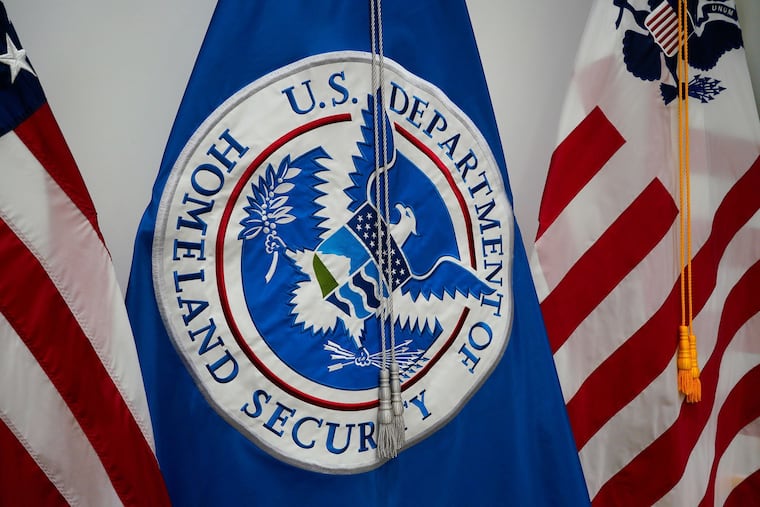US immigration policy stresses immigrants and the nation’s healthcare system | Opinion
A recent study revealed a significant increase in the number of premature births to Latina women in the U.S. since the 2016 presidential election. There is no single reason for babies being born too soon, but stress is definitely on the list.

Elections have consequences — especially when it comes to health. The policies proposed and enacted in Washington, D.C. can impact health outcomes in many ways — direct and indirect. This is particularly true for immigrants.
A recent study revealed a significant increase in the number of premature births to Latina women in the U.S. since the 2016 presidential election. There is no single reason for babies being born too soon, but stress is definitely on the list. Newborn babies are like canaries in coal mines — their state of health are early indicators of the overall health of their families and communities. The babies may be the first to reveal a negative trend, but we can expect the rest of the community to follow.
For the Latinx community, the time during and since the 2016 presidential election has been especially stressful. An anti-immigrant political climate and the real risk of deportation and family separation hangs like a cloud over the heads of both legal and undocumented immigrants. This stress permeates the body of these immigrants — and their soon-to-be-born U.S. citizen babies. The effect will linger long past the next election.
Most recently, the Trump Administration has finalized new “public charge” rules that will further impact the health of some foreign-born populations. Immigrants applying for or renewing their green cards, which allows them to stay and work in the country legally, will be judged on whether they — or any family members — have used government programs like Medicaid and food stamps (SNAP). Use of these programs will be grounds for denial of the green card and ultimate deportation.
In December, Madeline Bell, president and CEO of the Children’s Hospital of Philadelphia, described how the draft public charge rule would be particularly harmful to children. It will also impact the health of adults who have to make the horrible choice between government-subsidized health care and food, and deportation. The rules target low-income immigrants without employer health benefits. These jobs are essentially subsidized by our social welfare system because workers who receive a near-minimum wage and meager benefits can’t survive without government programs to make up the difference. By considering these necessary social benefits in determining green card eligibility, the Trump Administration is basically punishing non-citizens for the reality of the low-wage workplace.
The anti-immigrant climate has led to real threats and attacks on the Latinx community. The recent El Paso mass shooting is just one tragic example. Living in fear that a trip to Walmart could cost you your life results in a cascade of stress-related illnesses. Children — even those born as U.S. citizens — who grow up in families living in fear will carry the burden of these adverse experiences into adulthood.
It’s easy for the rest of us to ignore these issues or frame this as a policy problem that immigrants brought on themselves. From the healthcare system perspective, whether these new rules are right or wrong is irrelevant. Caring for a premature baby is more expensive than a full-term birth. People who avoid necessary care until it becomes a medical crisis are more expensive to treat. All of this drives up healthcare costs for all of us. Hospitals and healthcare providers serving these communities bear the moral and economic cost of caring for people who are sicker and don’t utilize resources they are otherwise entitled to. In reality, the needless stress and pain of punitive immigration policy affects us all.
Whether you support more or less immigration, vilifying and penalizing immigrants who use public benefits has disastrous consequences from both a health and economic perspective.
Drew Harris is a member of the Inquirer’s Health Advisory Panel, healthcare consultant and assistant professor at the Jefferson University College of Population Health.